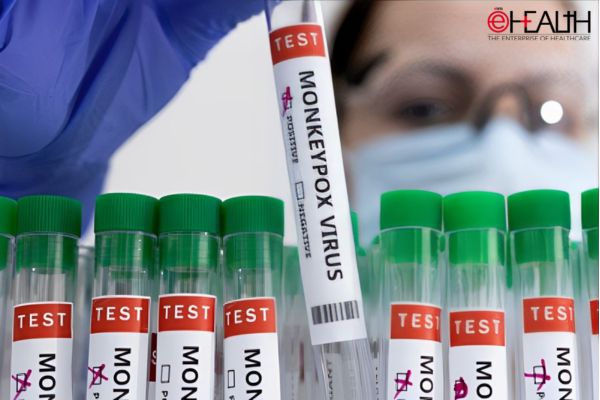
The World Health Organization (WHO) is preparing to meet on August 14 to assess whether the global mpox outbreak, which has now spread across 116 countries, warrants the organization’s highest level of alert. The decision comes as the disease continues to pose a significant public health threat, particularly in Africa, Europe, and the Americas.
In its latest report, WHO classified the ongoing mpox outbreak as an “acute” grade 3 emergency, emphasizing the urgent need for coordinated international response efforts. Between January 1, 2022, and June 30, 2024, the global tally of laboratory-confirmed mpox cases reached 99,176, with 208 fatalities reported worldwide.

The outbreak, which began in 2022, has persisted, affecting countries such as the Democratic Republic of Congo (DRC), Brazil, the United States, and several European nations. The highest cumulative number of confirmed cases has been reported in the U.S. (33,191), followed by Brazil (11,212), Spain (8,084), and France (4,272). Together, these nations account for 81% of the total cases reported globally.
What is Mpox?

Mpox, previously known as monkeypox, is a zoonotic disease—transmittable between animals and humans—caused by the monkeypox virus. The virus belongs to the Orthopoxvirus genus, which also includes the viruses responsible for smallpox and cowpox. Initially discovered in 1958 in monkeys used for research, the first human case was identified in the Democratic Republic of Congo in 1970.

The mpox virus can spread through direct contact with infected bodily fluids, respiratory droplets, or contaminated materials. Symptoms typically manifest between one to three weeks after exposure, with the disease lasting two to four weeks. Common symptoms include fever, sore throat, headaches, muscle aches, and a distinctive rash that can spread across the body, including the face, hands, feet, and genital areas.
Treatment and Vaccination
While there is no specific antiviral treatment for mpox, supportive care—such as managing pain, fever, and hydration—is recommended. The symptoms often resolve on their own, though individuals with weakened immune systems may experience more severe illness.
To combat the spread, the European Medicines Agency has approved Tecovirimat, initially developed for smallpox, as a treatment for mpox under exceptional circumstances. Additionally, vaccines like MVA-BN, LC16, and OrthopoxVac have been authorized for use in preventing mpox, particularly among high-risk groups.
As the WHO prepares to deliberate on the need for its highest alert level, the global health community remains vigilant. The decision made during the upcoming emergency committee meeting could shape the next phase of the international response to this ongoing public health challenge.
Be a part of Elets Collaborative Initiatives. Join Us for Upcoming Events and explore business opportunities. Like us on Facebook , connect with us on LinkedIn and follow us on Twitter , Instagram.
"Exciting news! Elets technomedia is now on WhatsApp Channels Subscribe today by clicking the link and stay updated with the latest insights!" Click here!















